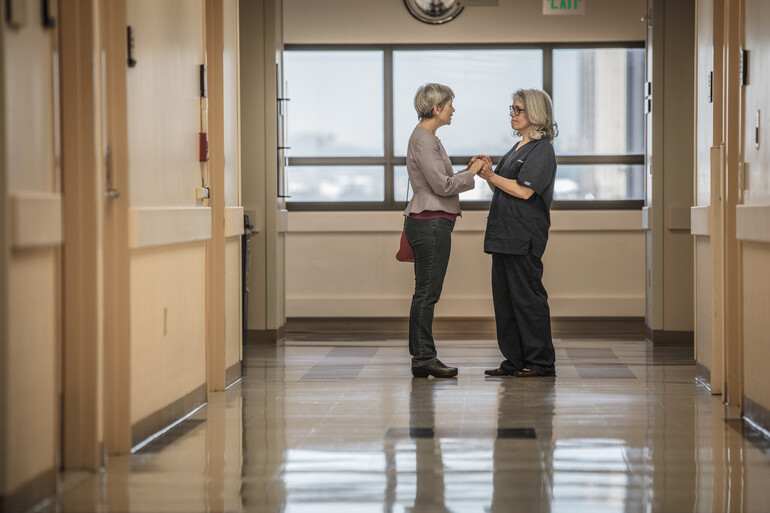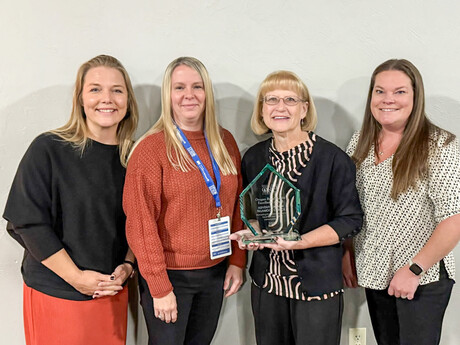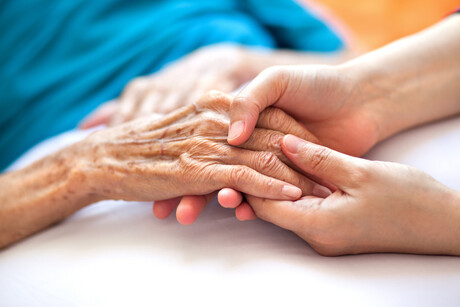Chaplains fill a unique professional role in the healthcare setting, especially at Adventist Health where the mission is founded on the teachings of Jesus and is a contemporary expression of His healing ministry. Chaplains bear the torch of hope for patients and loved ones in their darkest and scariest times. They offer a place for connection and care for the whole person — body, mind and spirit.
“Traditional hospital chaplaincy was done by people who had some spiritual background,” said Leo Zakhariya, clinical pastoral education supervisor for Adventist Health Portland. “These caregivers were retired ministers — elders, deacons or laypeople — who believed in God. They would come and pray with patients, read the Bible, sing and support them.”
Today, chaplains do much more than provide religious rites, ceremonies, prayers and wisdom. They are specially trained to bring together clinical considerations and pastoral conversations as part of the clinical care team. All chaplains at Adventist Health are required to complete rigorous Clinical Pastoral Education training.
“The mindset behind Clinical Pastoral Education is to develop a clinical identity alongside a pastoral identity,” Zakhariya said. “As a clinical chaplain you analyze each interaction with patients until you develop a clinical mindset focused on best outcomes. This is what makes the difference between traditional chaplaincy and clinically informed chaplaincy.”
Clinical Pastoral Education encompasses competencies that include ethics, psychology and sociology, understanding and articulating research, managing crises and more. It also facilitates family and group interactions following trauma. Each CPE unit involves 400 hours of classwork plus work in a clinical setting. Certification for full-time chaplains within two years of being employed with Adventist Health requires four units of CPE and 2,000 hours of clinical work.
Sandraneta Hall, chaplain at Adventist Health Portland, said the CPE program transformed how she relates to herself, which allowed her to focus on improving how she connects with others.
“I love the mission of our hospital — living God’s love by inspiring health, wholeness and hope — and CPE helped me to better fulfill that mission by developing the skill sets I need to connect with people very quickly,” Hall said.
“I’m here to be with them and walk beside them as they’re going through their challenges and their joys," said Hall. "My job is to love. CPE has taught me — and is continuing to teach me — how to love in a way that I understand God loves me and wants me to love other people. He’s expanding my heart through this process. It is transformative.”










